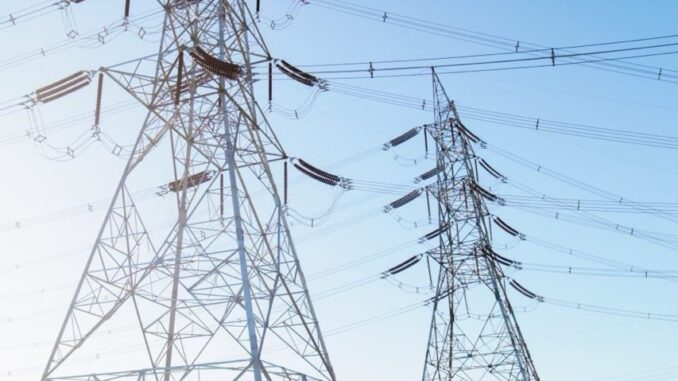
The Philippine government is exploring the possibility of reclaiming the management of its energy grid from the privately-owned National Grid Corporation of the Philippines (NGCP), following discussions at a Senate Finance Subcommittee hearing on Wednesday.
Senate Deputy Minority Leader Risa Hontiveros brought up the topic during her interpellation on the proposed 2025 budget of the Department of Energy (DOE) and its attached agencies. It was inspired by the United Kingdom’s (UK) recent decision to take back its energy system operations.
Citing a published report, Hontiveros said the UK state-owned National Energy System Operator (NESO) would be able to secure its power supply needs while keeping electric bills down for consumers in the long-run and meeting the clean energy goals of the British government.
Hontiveros suggested the Philippines could benefit from a similar approach to ensure stable energy supply, affordable electricity, and progress towards its own environmental goals.
Currently, the NGCP oversees both the operation and maintenance of the Philippines’ energy transmission lines under a concession agreement.
But its performance came under scrutiny in recent years for its failure to meet key infrastructure and development targets, raising concerns over energy security and the rising cost of electricity.
Energy Secretary Raphael Lotilla revealed that President Marcos already instructed the DOE to draft two executive orders (EO) aimed at improving the country’s energy infrastructure—both of which were rejected by NGCP.
The first draft EO would have allowed generation companies to take over the construction of transmission lines when NGCP was unable to do so promptly, particularly in areas where its facilities were absent.
The second EO proposed allowing third-party entities to construct transmission lines, effectively bypassing NGCP’s control over these projects, even if the government turns the facilities over to the private firm.
Both measures were designed to accelerate energy infrastructure development and ensure better coverage of the country’s grid system, according to the DOE.
“There are arguments for putting it back in government hands. But since we are governed by the concession contract under which these were all transferred to NGCP to perform, the UK approach was to buy back that part of the systems operation and bring it back to government,” Lotilla explained.
“The latest written response that we have had from NGCP is that they are rejecting these draft executive orders and therefore we are reporting as instructed by the Executive Secretary to the President on the response of NGCP and consider other alternatives that we might have on this,” he added.
Lotilla said the NGCP rejected the DOE proposal citing their exclusive rights under the concession agreement. The company’s refusal to comply sparked frustration among lawmakers with Hontiveros expressing disbelief at how it could reject government directives.
“I’ve never heard of a private company rejecting not one, but two draft executive orders from the government,” Hontiveros said.
She also asked whether the DOE considered taking back the system operator function from NGCP as part of the proposed amendments to the Electric Power Industry Reform Act (EPIRA).
“Insofar as the actions that will require amendments to either the franchise of NGCP or to the EPIRA, these are the ones that we will probably have to consider in the next Congress because there is lack of time on this,” Lotilla told Hontiveros.
“But as far as the buy-back options are concerned, the valuation is actually the one that has been looked into by other financial institutions of the government because we have to compute for what is the total value of the enterprise should government decide to take this back. And I would like to underline that this really depends on Congress because the power to amend, cancel or revise the franchise of NGCP is a congressional prerogative,” he added.
Senator Sherwin Gatchalian, who chaired the hearing, also voiced support for “decoupling” the system operator function from NGCP, citing national security concerns.
“I would assume that the system operator is a lesser investment compared to the total network transmission operator. We’re actually finalizing a bill to decouple it. The reason for that is national security. I truly believe that the system operations of the transmission line, which is a monopoly from Luzon, Visayas and Mindanao should be in the hands of government,” Gatchalian said.
Gatchalian added that while private capital is still needed for grid expansion, the government should control the dispatch of electricity to ensure national security and grid reliability.
Hontiveros backed Gatchalian’s proposal noting the “inordinate presence of another country in our grid,” referring to China. NGCP has ties with the State Grid Corporation of China, which is always a concern for many lawmakers.
The DOE is currently reviewing its options—including the possibility of mediation or arbitration, which was raised by Energy Regulatory Commission (ERC) officer-in-charge and CEO Jesse Andres—as it continues to negotiate with NGCP.
Andres said the ERC is conducting a performance audit of NGCP’s operations, which could further inform government action on the matter. “We will be able to complete our performance audit within the year and we will take the appropriate action accordingly,” the ERC chief told the senators.


Be the first to comment